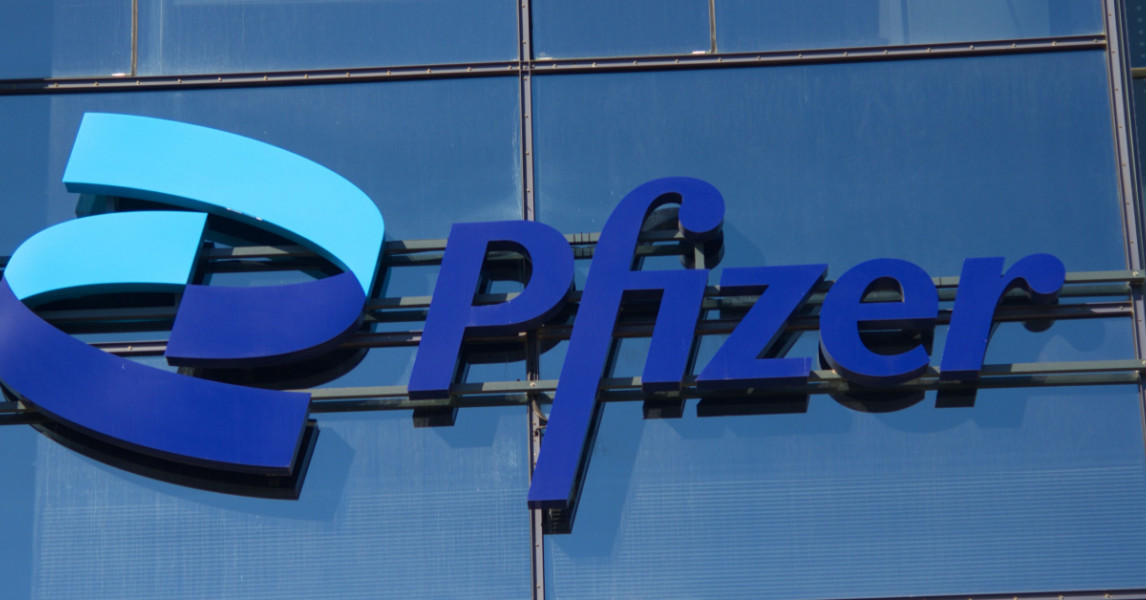Pfizer wins FDA approval to challenge BMS in ulcerative colitis
Pfizer has won FDA approval for its ulcerative colitis drug Xeljanz, making it the first competitor to Bristol Myers Squibb’s Entyvio in this market. Xeljanz is already approved for other inflammatory conditions, including rheumatoid arthritis and psoriatic arthritis. The approval of Xeljanz for ulcerative colitis is a major win for Pfizer and could give patients more treatment options for this condition.
Ulcerative colitis is a chronic inflammatory bowel disease that affects the colon. It can cause a variety of symptoms, including abdominal pain, cramping, diarrhea, and rectal bleeding. Ulcerative colitis can be a debilitating disease and can significantly impact a person’s quality of life.
There is no cure for ulcerative colitis, but there are treatments that can help to manage the symptoms and prevent complications. Entyvio is a biologic drug that has been shown to be effective in treating ulcerative colitis. However, Entyvio is very expensive, and many patients are unable to afford it.
The approval of Xeljanz for ulcerative colitis is good news for patients, as it could give them a more affordable and effective treatment option. Xeljanz is also more convenient to take than Entyvio, as it is an oral medication while Entyvio is an intravenous infusion.
The approval of Xeljanz for ulcerative colitis is also a major win for Pfizer. Ulcerative colitis is a large and growing market, and Xeljanz could become a blockbuster drug for Pfizer.
Clinical data supporting the approval of Xeljanz for ulcerative colitis
The approval of Xeljanz for ulcerative colitis is based on data from two Phase 3 clinical trials. In the first trial, Xeljanz was shown to be more effective than placebo in inducing and maintaining remission in patients with ulcerative colitis. In the second trial, Xeljanz was shown to be more effective than Entyvio in inducing and maintaining remission in patients with ulcerative colitis.
Xeljanz was also well-tolerated in both trials. The most common side effects of Xeljanz were diarrhea, nausea, and respiratory tract infections.
Impact of the approval of Xeljanz for ulcerative colitis on patients and healthcare providers
The approval of Xeljanz for ulcerative colitis is good news for patients and healthcare providers. Xeljanz could give patients a more affordable and effective treatment option, and it could also make it easier for patients to get the treatment they need.
Healthcare providers will now have two biologic drugs to choose from when treating patients with ulcerative colitis. This will allow them to tailor treatment to the individual needs of each patient.
Conclusion
The approval of Xeljanz for ulcerative colitis is a major win for patients, healthcare providers, and Pfizer. Xeljanz could give patients a more affordable and effective treatment option, and it could also make it easier for patients to get the treatment they need.


